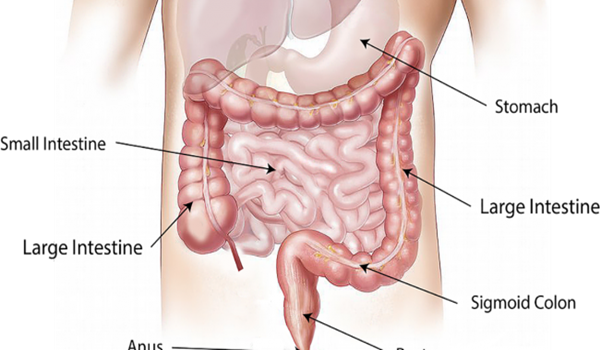The 2012 American Gut Project was conducted with the aim to discover more about the human microbiome, more commonly referred to as ‘the gut’.
Rob Knight, Ph.D., from the University of California (UC), San Diego, Jeff Leach, Ph.D., the founder of the Human Food Project, and Jack Gilbert, Ph.D., who is the faculty director of the Microbiome Center at the University of Chicago in Illinois, set out to discover the possible links between bacteria in the gut and various health issues. They also wanted to find out how many types of bacteria live in our bodies and where, and how our diet and lifestyle affect the composition of these microbes.
The microbiome is a complex world of different bacteria kinds that live within our digestive system, and while some of them are beneficial, some are not, but they all form a microscopic world of activity that can support or fight disease.
Scientists analyzed fecal samples sent from people all around the world, along with their oral and skin samples of bacteria, and asked numerous questions about the lifestyle and diet of these people.
This practice is known as citizen science, so the public contributes to research by offering their time and personal data up for analysis. In 2015, they received 15,096 samples by 11,336 people across the United States, United Kingdom, Australia, and 42 other countries.
The team of scientists used genomic sequencing to analyze a genetic marker known as 16S rRNA, a molecule unique to bacteria.
First of all, researchers found that people who consume a wider variety of plants have a wider variety of bacteria in their microbiome, and have less antibiotic resistance.
Also, they discovered that people with similar bacterial profiles are prone to the same health problems, including mental health issues, like post-traumatic stress disorder (PTSD), schizophrenia, depression, or bipolar disorder.
Therefore, people who reported mental health issues had more bacteria in common with other people who reported similar problems, and this association was strong regardless of gender, age, or geographical location.
Moreover, a similar recent study also revealed that there is a link between anxiety and a lack of healthy gut microbes, while another study showed that certain bacteria are altered in people who suffer from PTSD.
Daniel McDonald, PhD, the scientific director of the American Gut Project at UC San Diego School of Medicine, reported that their findings indicate that their project observed a much greater microbial diversity than previous smaller studies, so if they look at more populations, they expect to see more diversity, which will help them define the boundaries of the human microbiome, which will eventually help in the treatment of various ailments.
Dr. Rob Knight added that the more samples they receive, the sooner they will be able to unravel the numerous different ways the microbiome is linked to various health and disease states.


